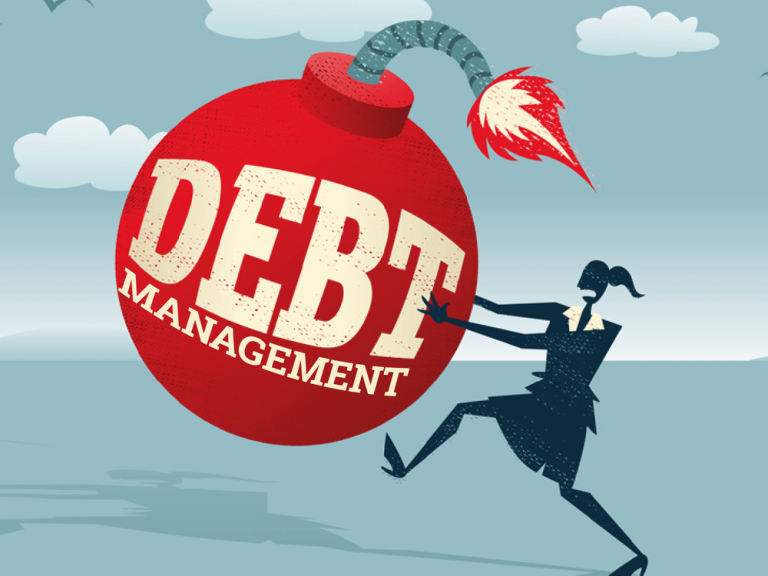Starting your investment journey can feel overwhelming, especially when you’re bombarded with countless options and complex strategies. Whether you’re saving for retirement, a big purchase, or simply looking to grow your wealth, it’s crucial to understand the best investment options for beginners. In this guide, I’ve compiled some straightforward strategies and ideas to help you pave your way toward financial success.
What are the Best Investment Options for Beginners?
Before diving into specific investment types, it’s important to establish your financial goals. Understanding what you want to achieve with your investments will guide your decision-making process. The best investment options for beginners typically involve a mix of safety, growth potential, and simplicity. Here are some top choices that can help you get started:
1. Stocks
Investing in individual stocks can be a great way to build wealth over time. When you purchase shares of a company, you’re essentially buying a part of that business. As the company grows and becomes more profitable, the value of your shares is likely to increase. However, it’s essential to choose wisely. Look for companies with a strong track record and robust business models.
2. Exchange-Traded Funds (ETFs)
For beginners looking for diversification without the hassle of managing individual stocks, ETFs are an excellent choice. These funds contain a basket of stocks, which means you’re investing in multiple companies at once. This diversification can help mitigate risk, offering a safer approach in the early stages of your investment journey.
The Role of Mutual Funds Among the Best Investment Options for Beginners
Mutual funds are another popular choice for new investors. They work similarly to ETFs but are actively managed by fund managers who make buying and selling decisions on your behalf. While the management comes with a fee, mutual funds can provide a hedge against risk, as they offer diversification across asset classes.
3. Real Estate Investment Trusts (REITs)
If you’re interested in real estate but not ready to buy physical property, consider REITs. These funds invest in real estate markets, giving you exposure to this sector without the need to manage a property. You can enjoy the benefits of real estate appreciation and income from rentals while keeping things simple.
4. Bonds
Bonds are often viewed as safe investments, particularly government bonds. They are essentially loans you provide to governments or corporations in exchange for periodic interest payments and the promise of the principal amount back at maturity. While the returns on bonds are typically lower than stocks, they can provide stability and income, making them a worthwhile consideration among the best investment options for beginners.
Understanding Risk Tolerance with the Best Investment Options for Beginners
Every investor has a different risk tolerance. Some may feel comfortable risking a portion of their investments for the possibility of significant gains, while others may prefer to focus on stability and income. It’s crucial to assess your own risk tolerance before diving into investments. Knowing how much risk you can handle emotionally and financially is key to making the right choices.
5. Index Funds
Index funds are a favorite among beginner investors for their simplicity and low costs. These funds track a particular index, like the S&P 500, and provide exposure to a wide range of companies. By investing in an index fund, you can easily invest in the broader market without needing to research individual stocks.
Here’s an image depicting the best investment options for beginners. It brilliantly summarizes various strategies that any new investor can take advantage of:
Image: Best Investment Options for Beginners
This visual guide provides a clear overview of various strategies to consider on your investment journey. Whether you’re inclined toward stocks, bonds, or other avenues, keep this image in mind as a reference.
6. High-Yield Savings Accounts
While not traditionally viewed as an investment, high-yield savings accounts can provide a safe place to store your emergency fund or short-term savings. These accounts typically offer higher interest rates than standard savings accounts, enabling your money to grow more passively while you prepare for bigger investment opportunities.
7. Robo-Advisors
If you’re feeling overwhelmed with investment choices, consider using a robo-advisor. These automated platforms create a personalized investment portfolio based on your goals and risk tolerance. Robo-advisors typically charge lower fees than traditional advisors, making them an appealing choice for beginners who want expert guidance without the high costs.
How to Make the Most of the Best Investment Options for Beginners
As you explore various investment options, remember that patience is key. While it can be tempting to jump into the market and make quick decisions, long-term investing often yields the best results. Here are some tips to maximize your investing potential:
Create a Budget for Investing
Before you invest, take a look at your budget. Determine how much money you can allocate to investments each month without compromising your essential expenses. Having a specific budget in place will help you stay disciplined and maintain consistency.
Educate Yourself Continuously
The financial world is constantly evolving, and staying informed can help you make sound investment choices. Read books, attend workshops, and follow reputable financial news outlets to expand your knowledge and stay sharp.
Start Small and Diversify
If you’re nervous about investing, start small. Begin with a manageable amount and gradually build your portfolio. Diversifying your investments across various asset classes will also help reduce risk while allowing you to explore multiple avenues for growth.
Sustaining Your Growth with the Best Investment Options for Beginners
Investing is a journey, not a race. It’s essential to be patient and stay the course even when the market experiences turbulence. By choosing the best investment options for beginners, crafting a diverse portfolio, and committing to continuous learning, you can set yourself up for financial success over time.
Finally, consider reviewing your investments regularly to ensure they align with your goals and risk tolerance. While it’s essential to be proactive, remember not to react emotionally to market fluctuations. Keeping a steady hand during volatile times often distinguishes successful investors.
As you embark on this exciting financial journey, remember that every investor started where you are today. By taking the time to understand your options and making informed decisions, you can confidently navigate your path toward wealth creation and financial independence.



